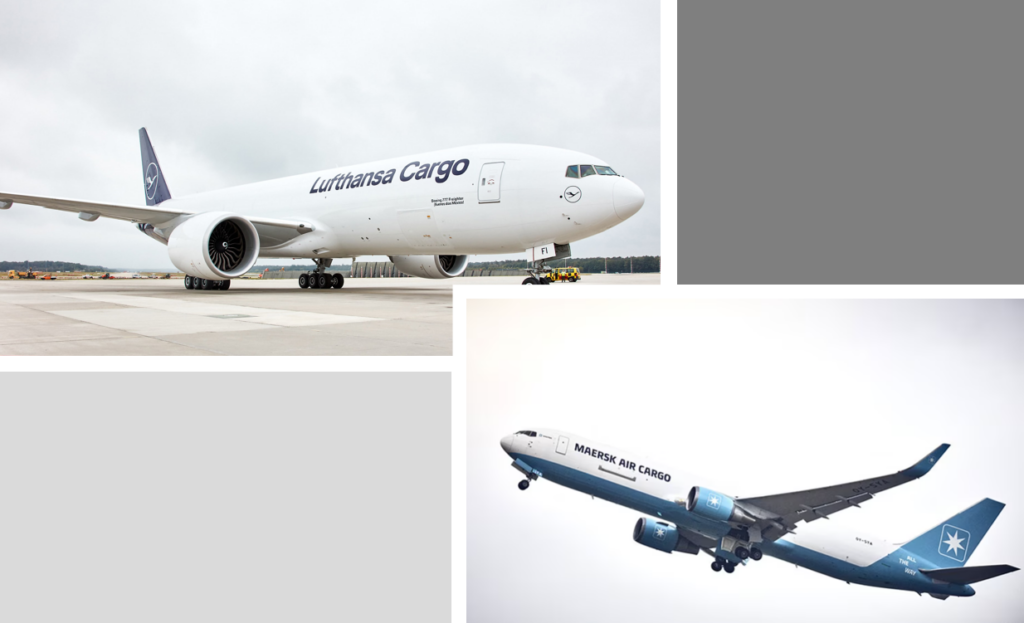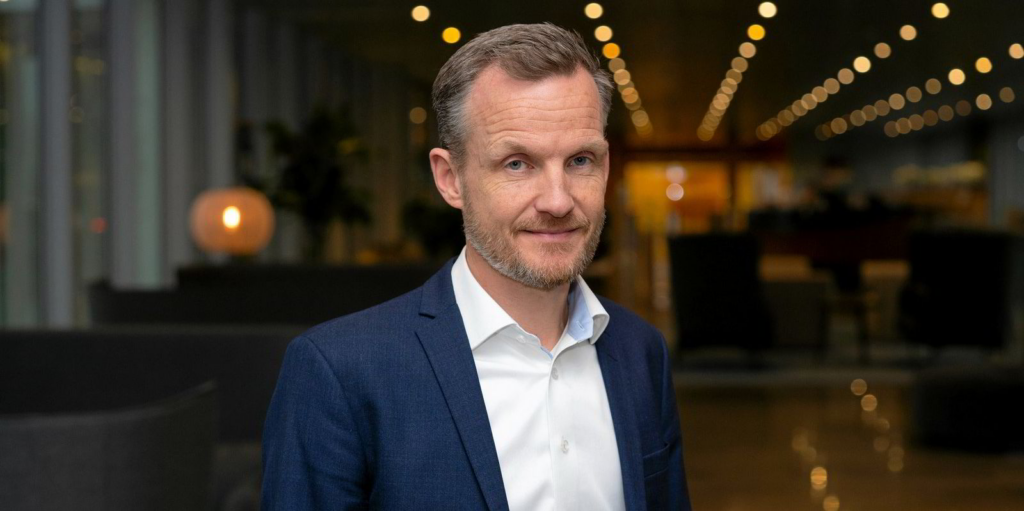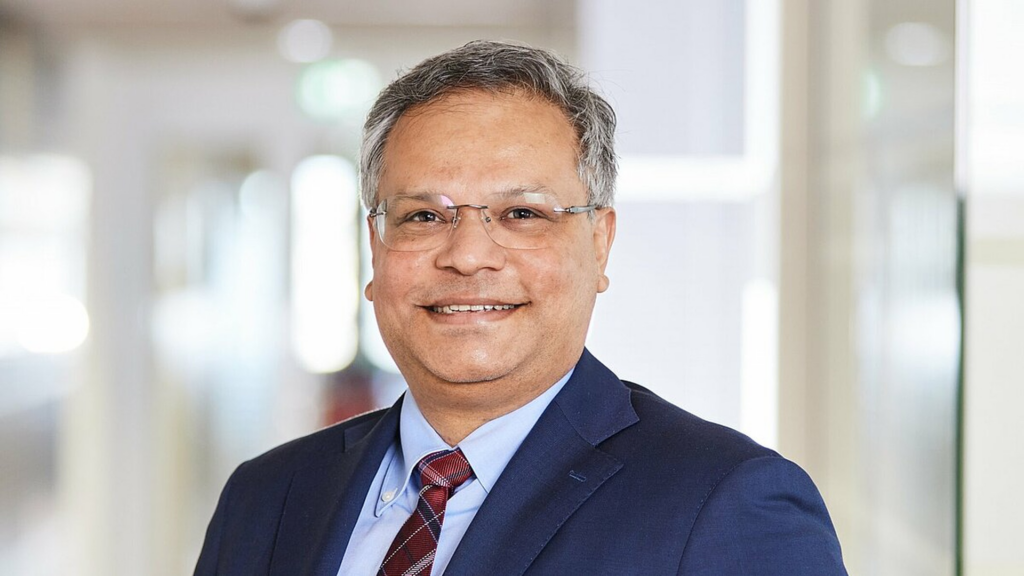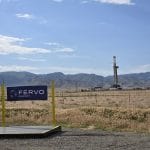Maersk, Lufthansa Cargo Partner to Accelerate Airfreight Decarbonization with SAF

- Significant SAF Usage: Lufthansa Cargo will utilize 400 metric tonnes of Sustainable Aviation Fuel (SAF) on behalf of Maersk by the end of 2024, reducing CO₂ emissions by at least 1,200 metric tonnes.
- Decarbonization Goals: The collaboration supports Maersk’s ambition to achieve net zero greenhouse gas emissions by 2040 and Lufthansa Group’s target of halving net CO₂ emissions by 2030.
- Innovative Logistics Solutions: Maersk’s ECO Delivery Air product will allocate emissions reductions to a European airfreight customer, showcasing advanced sustainability solutions.
Lufthansa Cargo and A.P. Moller – Maersk (Maersk) have announced a strategic collaboration aimed at reducing CO₂ emissions in airfreight through the use of Sustainable Aviation Fuel (SAF). As part of the agreement, Lufthansa Cargo will use 400 metric tonnes of SAF on behalf of Maersk, contributing to emission reductions of at least 1,200 metric tonnes by the end of 2024.
Morten Bo Christiansen, Head of Energy Transition at Maersk, emphasized the critical importance of decarbonizing airfreight:
“Cutting greenhouse gas emissions from airfreight is one of the most challenging tasks within the decarbonization of global logistics and supply chains. This is why we are excited to partner with Lufthansa Cargo in this important task. As one of the globally largest logistics companies, Maersk aims to reach net zero greenhouse gas emissions by 2040 across all modes of transport as well as other business areas like warehousing and container terminals. The uptake and availability of SAF in the aviation industry is still limited. Our agreement with Lufthansa Cargo enables Maersk to contribute to an increase in the uptake.”

The SAF used in this initiative is produced from biogenic residues, such as used cooking oil, using the HEFA (Hydroprocessed Esters & Fatty Acids) process. This advanced fuel reduces lifecycle CO₂ emissions by approximately 80% compared to traditional kerosene and can seamlessly integrate into existing aviation operations.
Ashwin Bhat, CEO of Lufthansa Cargo, highlighted the importance of SAF and fleet modernization in sustainable aviation:
“SAF is a key technological enabler for more sustainable flying and essential for the energy transition in aviation. With Maersk, we are jointly making a valuable contribution with the new agreement. At the same time, more sustainable flying also requires major efforts for a modern fleet and increased efficiency in flight operations. It is only through this interplay that change can be achieved sustainably.”

Supporting Maersk’s ECO Delivery Air Initiative
As part of the agreement, Maersk will allocate the emissions reduction to a European airfreight customer through its ECO Delivery Air product, which forms part of its comprehensive range of low-carbon logistics solutions across air, ocean, and inland freight.
Advancing Climate Goals
Both companies have ambitious climate targets. Maersk’s net zero strategy is validated by the Science-Based Targets initiative (SBTi), while Lufthansa Group aims to halve its net CO₂ emissions by 2030 and achieve carbon neutrality by 2050. Through partnerships like this, they are jointly advancing global decarbonization efforts in logistics and aviation.
RELATED ARTICLE: Maersk Advances Gender Equality with 45% Women Cadet Intake in India for 2024
Follow ESG News on LinkedIn












